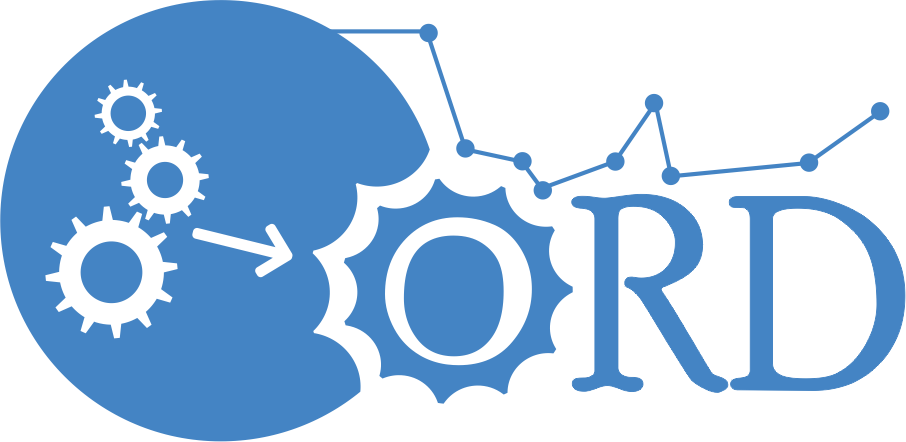Issue: 2016/Vol.26/No.1, Pages 95-110
A BAYESIAN MODEL OF GROUP DECISION-MAKING
Tadeusz Wibig , Michał Karbowiak
, Michał Karbowiak , Michał Jaszczyk
, Michał Jaszczyk
Cite as: T. Wibig, M. Karbowiak, M. Jaszczyk. A Bayesian model of group decision-making. Operations Research and Decisions 2016: 26(1), 95-110. DOI 10.5277/ord160106
Abstract
A change in the opinion of a group, treated as a network of communicating agents, caused by the accumulation of new information is expected to depend on communication within the group, cooperation and, possibly, a kind of conformity mechanism. We have developed a mathematical model of the creation of a group decision, including this effect. This is based on a Bayesian description of inference and can be used for both conscious and inattentive acts. This model can be used to study the effect of whether a leader exists or not and other group inhomogeneities, as well as establishing the (statistical) significance and quality of a group decision. The proposed evolution equations explain in a straightforward, analytical way some general properties of the general phenomenon of conformity (groupthink). To illustrate this theoretical idea in practice, we created an information technology (IT) tool to study the effect of conformity in a small group. As an example, we present results of an experiment performed using a network of students’ tablets, which could not only measure group pressure, but also conduct and control collaborative thinking in the group.
Keywords: conformity, decision-making, Bayesian inference, groupthink, cooperation
Received: 24 November 2016 Accepted: 4 February 2017
